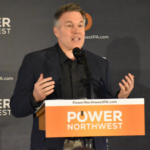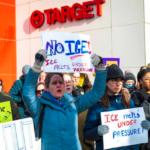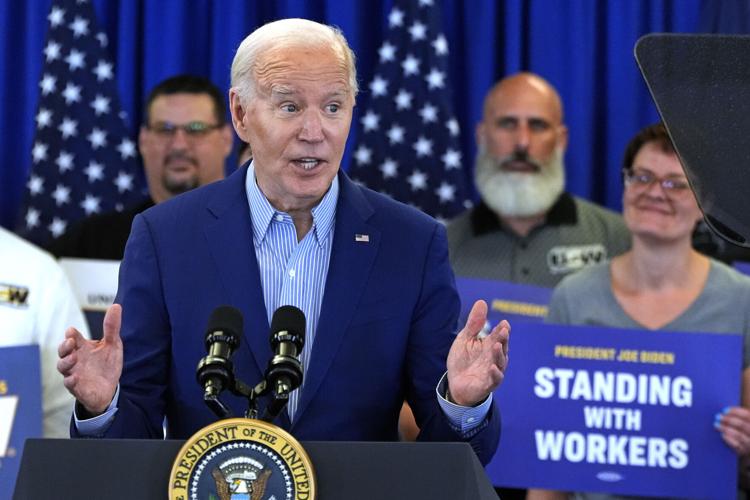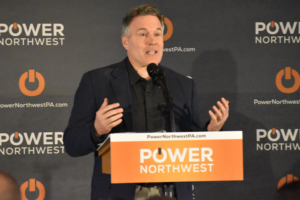On Friday, President Joe Biden blocked the purchase of U.S. Steel by Japanese steelmaker Nippon Steel. The President cited national security concerns and said the company should remain domestically owned in his statement.
“As I have said many times, steel production—and the steel workers who produce it—are the backbone of our nation. A strong domestically owned and operated steel industry represents an essential national security priority and is critical for resilient supply chains. That is because steel powers our country: our infrastructure, our auto industry, and our defense industrial base. Without domestic steel production and domestic steel workers, our nation is less strong and less secure,” Biden said.
The nearly $15 billion deal was announced in December of 2023. Analysts saw the deal as a way to preserve union jobs in steel plants and keep the steel company in Pittsburgh.
The deal became a controversial one, with Biden expressing his opposition to the deal and steel workers expressing their support of it. Following Biden’s announcement, both U.S. Steel and Nippon Steel have signaled that they will challenge the presidential block in court.
U.S. Steel has warned that people might lose their jobs if the deal does not go through, and that the company may move its headquarters out of Pittsburgh.
President-elect Donald Trump has stated that he will block the deal if needed. Pennsylvania Senator John Fetterman also opposes the deal.
United Steelworkers International President David McCall opposes the deal, while many rank-and-file workers support it.
In Friday’s statement, Biden said, “Today’s action reflects my unflinching commitment to utilize all authorities available to me as President to defend U.S. national security, including by ensuring that American companies continue to play a central role in sectors that are critical for our national security. As I have made clear since day one: I will never hesitate to act to protect the security of this nation and its infrastructure as well as the resilience of its supply chains.”











